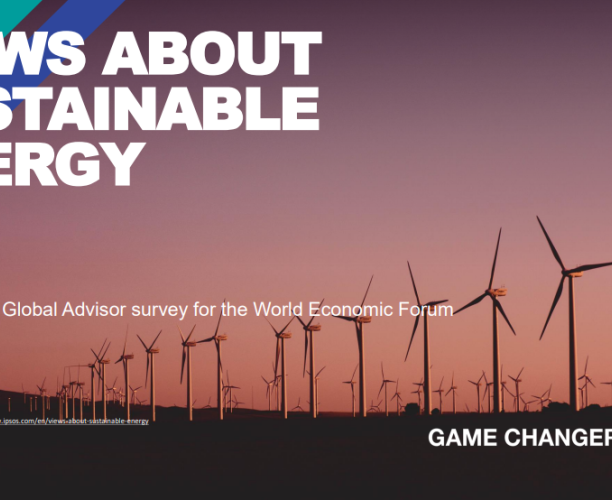

9 in 10 urban Indians polled expect India to ditch fossil fuels for more climate friendly and sustainable energy sources over next 5 years: WEF-Ipsos Sustainable Energy Survey
A new WEF-Ipsos 30-country Sustainable Energy survey shows at least 9 in 10 urban Indians (89%) expect India to shift from fossil fuels to more climate friendly and sustainable energy sources over the next five years. About 84% of the global citizens polled too endorsed similar views. The markets agreeing most were of South Africa (93%) and Peru (93%), respectively.
"The conventional sources of fuel are constantly depleting on one hand and on the other increasing our carbon footprint and global warming. Adoption of and conversion to more environment friendly and sustainable fuels is the quest for choosing alternate fuels for mobility," said Amit Adarkar, CEO, Ipsos India.
Soaring Fuel, electricity, energy prices impacting spending power?
At least 2 in 3 urban Indians polled (63%) agree increasing energy prices could affect spending power, as energy was being used for multifarious daily activities like transportation, heating or cooling our home, cooking, powering our appliances etc. 1 in 2 global citizens (55%) polled too believe soaring energy prices would affect their spending power. Markets that felt they would be most impacted included South Africa (79%), Japan (69%) and Turkey (69%).
Triggers for hike in energy prices?
Urban Indians pin it down to these factors triggering hike in fuel prices. 27% blame it on insufficient supply to meet increased demand; 24% believe it is due to the volatility in the oïl and gas market; 24% feel it is because of the climate change policies; 16% attributed it to the geopolitical tensions, while 9% were undecided.
Global citizens believe the energy prices are increasing for various reasons: volatility in the oil and gas markets (28%); geopolitical tensions (25%); insufficient supply to meet increased demand (18%); and climate change policies (13%). 16% were undecided.
"India is a highly populous market and most urban households prefer personal transport over public transport for mobility triggering a huge demand for fuel supplies and our dependence for crude supplies is on imports. Geopolitical tensions and factors affect our supplies and we end up paying higher prices per barrel. Alternate, cheaper fuels options are fewer and come with their own risks," added Adarkar.



